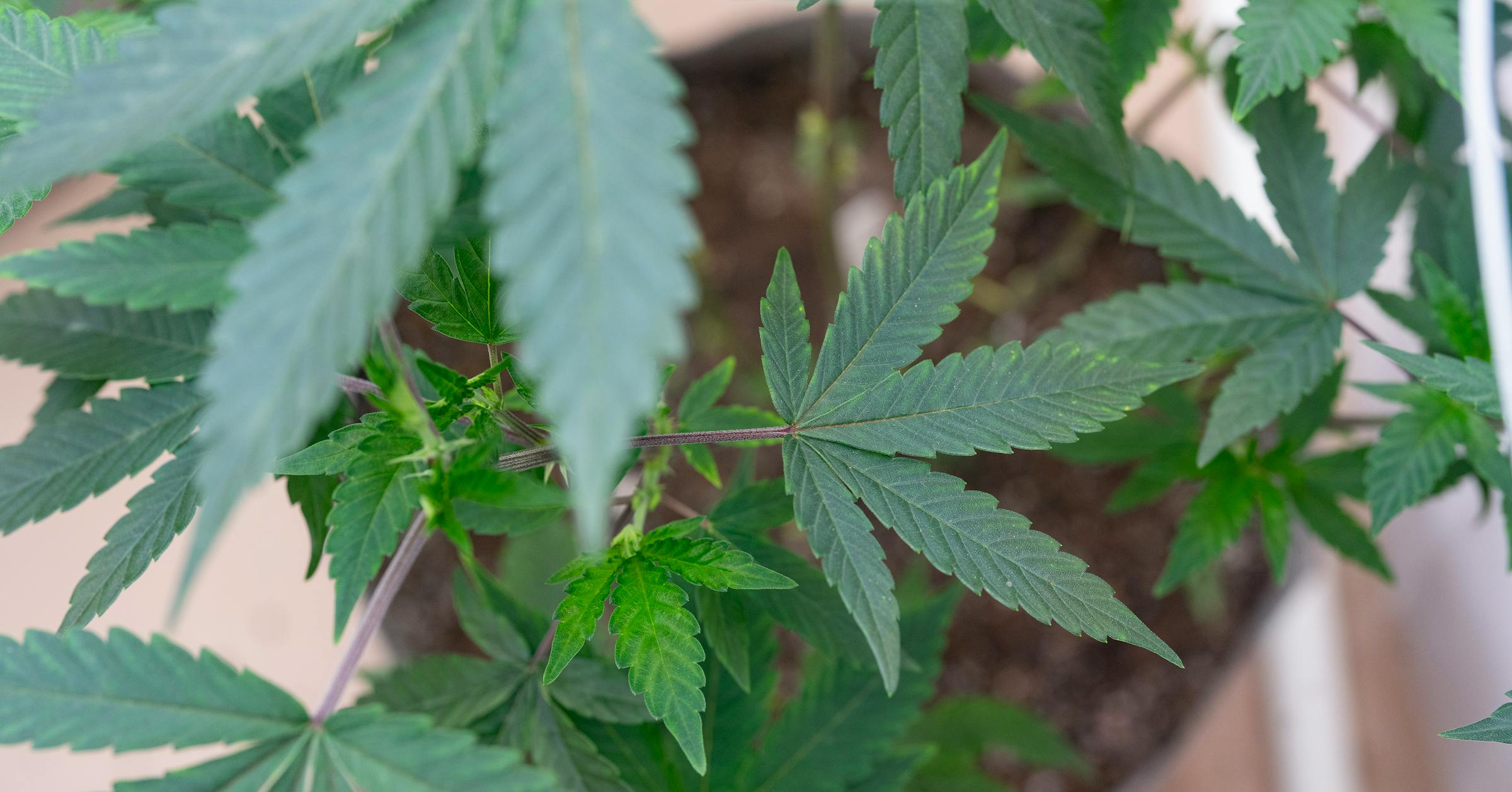“If they make a decision down the road to finally jump in and come late to the party, they could have a much more difficult time in attracting shoppers,” Delaney said.
She said even with experience selling alcohol, starting a new business is challenging for cities, since many municipal liquor operations have been running since the 1930s or ’40s. And the cannabis industry has much different and rigorous requirements, including related to security and the tracking of every product and sale.
Cannabis also remains illegal under federal law, even as more states legalize it, making it more difficult for dispensaries to secure insurance and loans.
Several cities have hired consultants to help navigate the cannabis industry, while others are partnering with private equity firms to finance and run their dispensaries. Some have explored the idea and decided not to get into the weed business, at least for now.
Anoka is building a 3,000-square-foot dispensary with a secured area for deliveries and several other security features. The city estimates the project will cost $2.7 million, financed through an internal loan with bonds paid back with cannabis revenue.
Point Seven Group consultants estimated the city’s dispensary could bring in a net income of about $1.7 million in 2027.
Some Minnesota cities are rushing to take advantage of the state allowing government-run dispensaries that skip ahead of the retail licensing lottery. Read More


